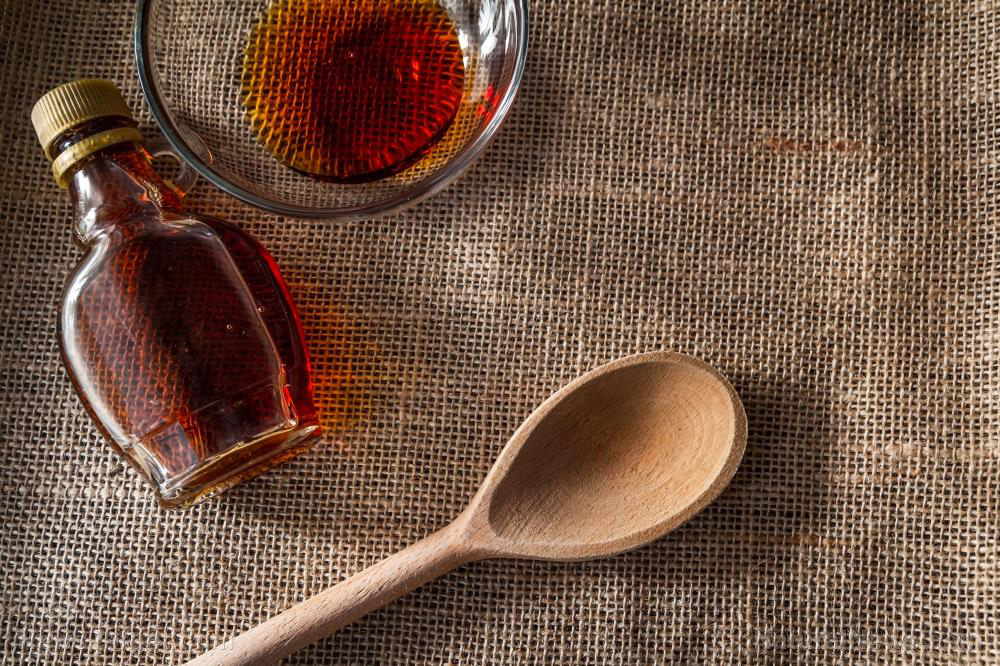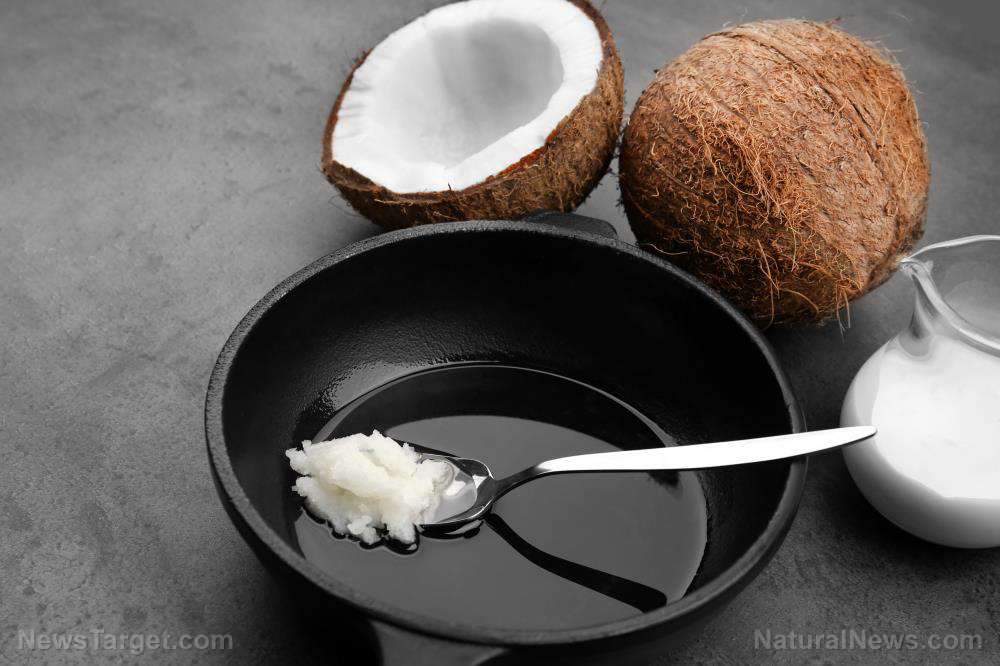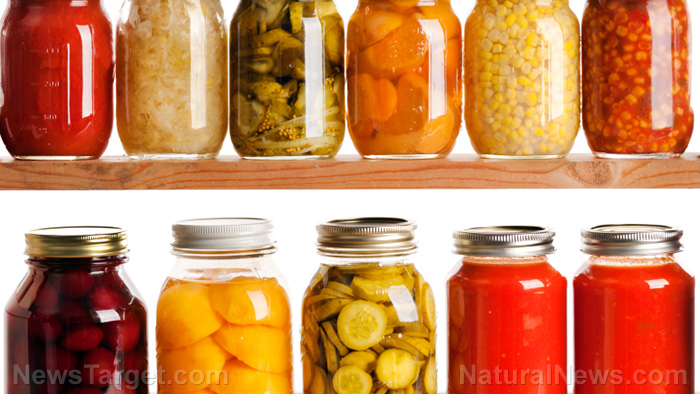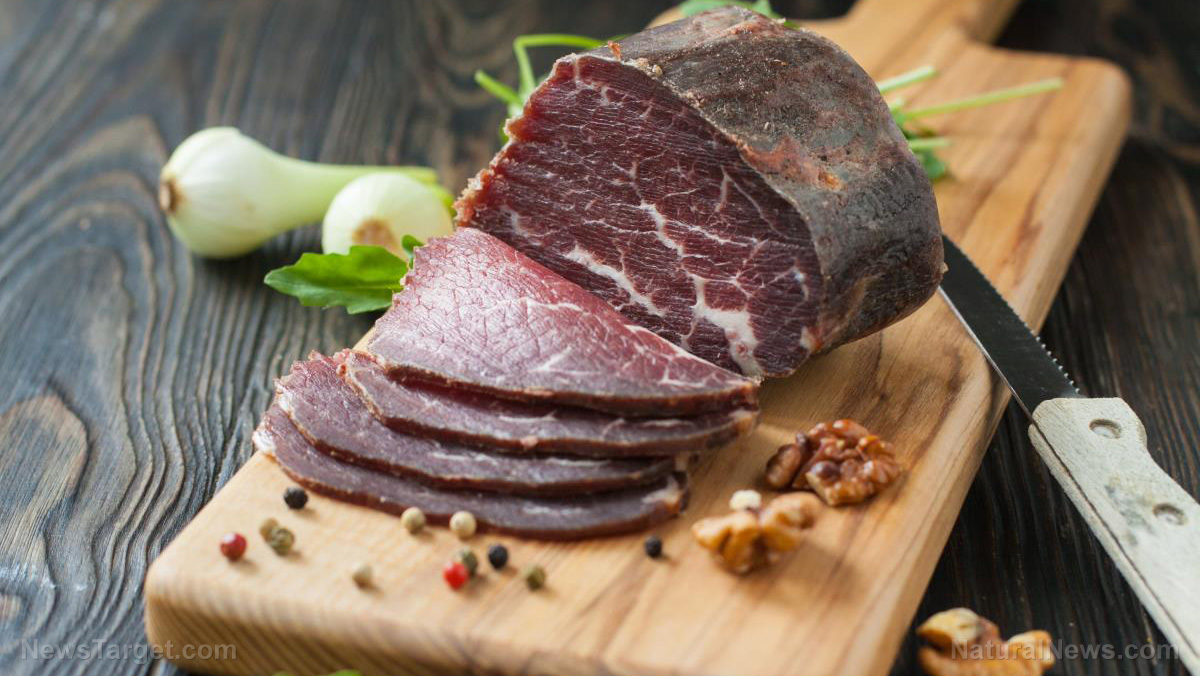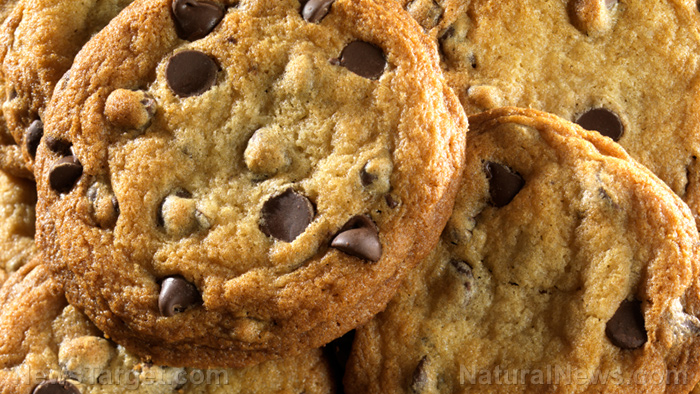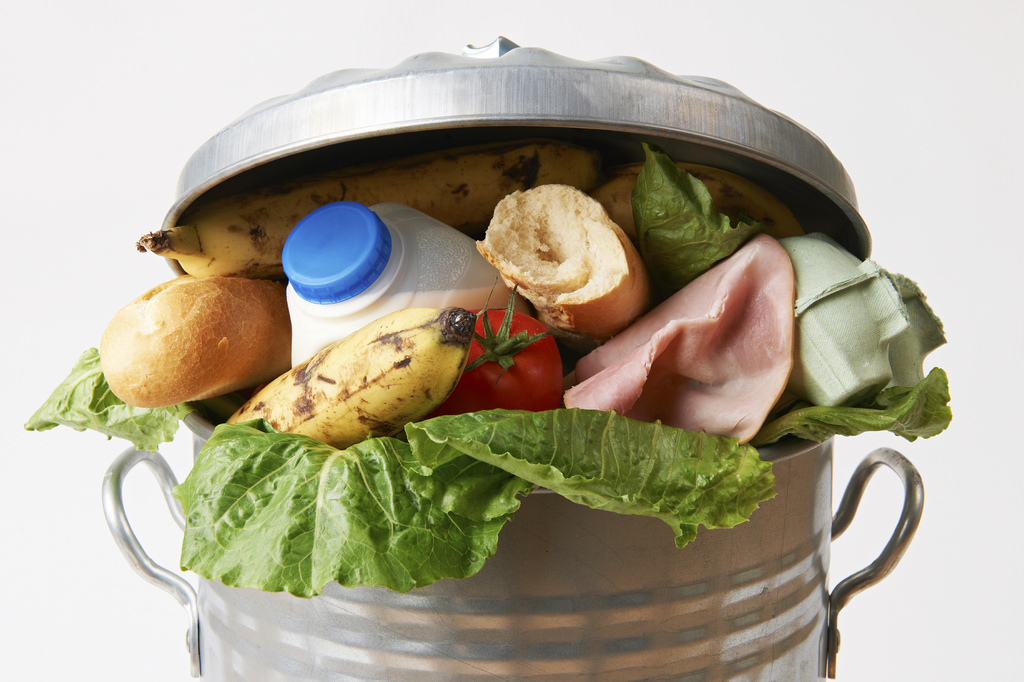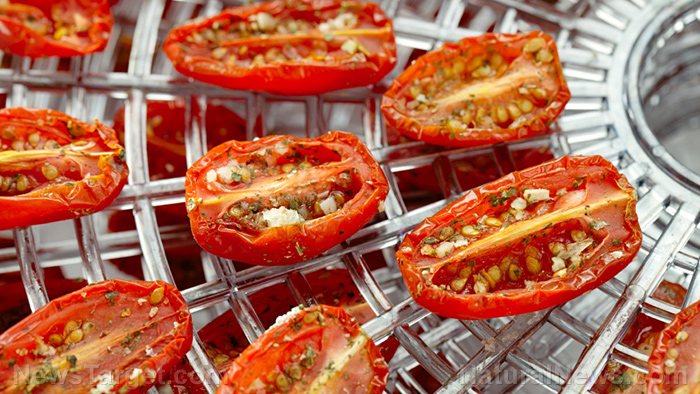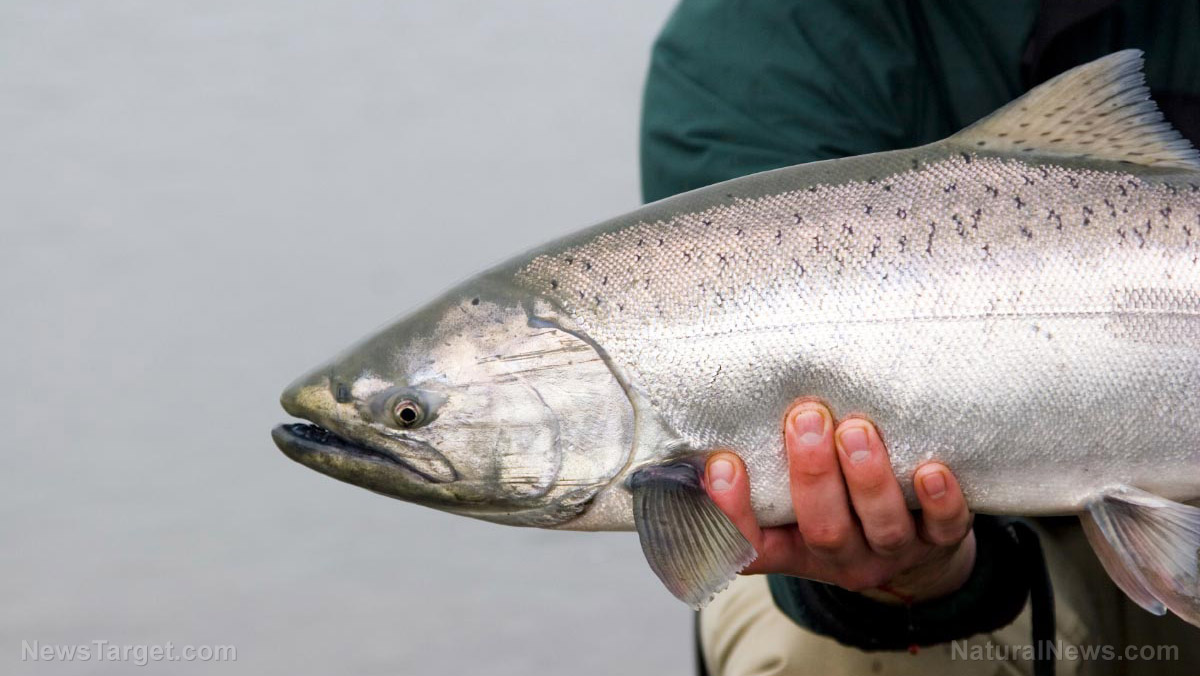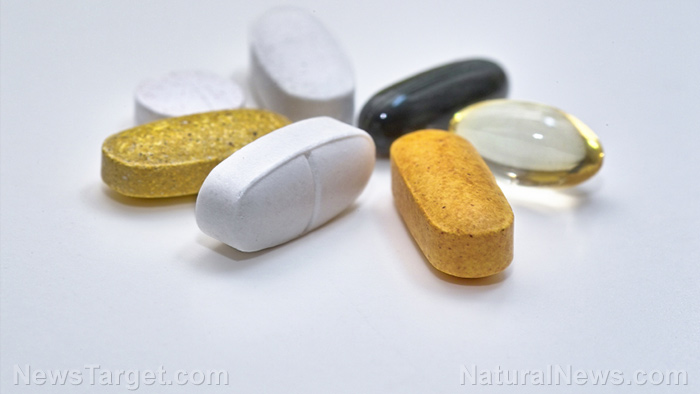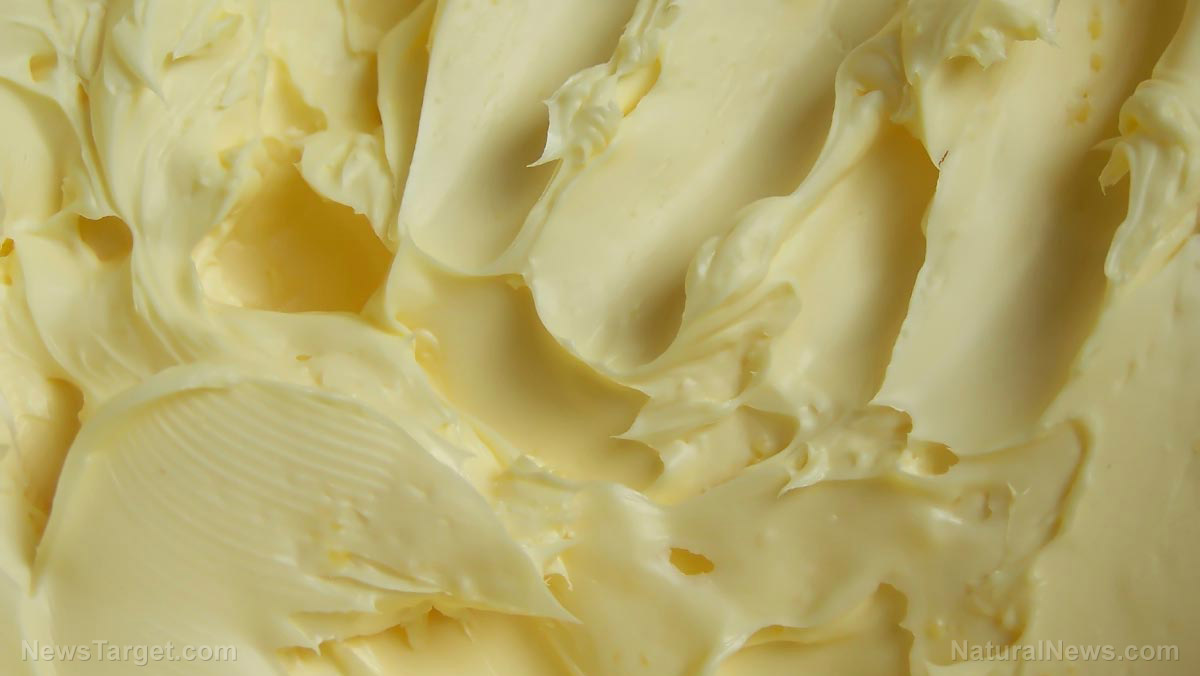Modern farming has made it more difficult for honeybees to store food, new study concludes
06/04/2018 / By Michelle Simmons

Honeybees are facing an uphill battle when it comes to food storage as a result of modern farming practices, according to a study in the open access journal Ecology and Evolution. The study also suggested that commercial forestry and even our practices in the garden contribute to the challenges that honeybees face in storing food.
Scientists from Lancaster University looked at the mix of bacteria (also known as the microbiome) of bee bread, that is, the long-term food supply stored within a hive for young bees. In the study, the team identified the microbial communities of around 500 bee bread samples using a combination of two technologies. The samples were gathered from 29 honeybee hives across North West England.
Results revealed that the bee bread within hives near agriculturally improved grasslands that are made up of single grass varieties, and those close to coniferous woodland, had lower bacterial diversity compared with hives close to habitats with more plant variety like broadleaf woodland, rough grasslands, and coastal landscapes.
Bacterial diversity is essential for bees to convert fresh pollen into long-term food storage. In addition, it helps them kill infectious diseases. Bacteria can also serve as a preservative for bee bread within hives. Bee bread can be more susceptible to mold without a diverse microbiome, which can lead to a food shortage for the hive.
Results also showed that some of the bacteria found in bee bread and those found in some brands of bioactive yogurts are similar kinds of bacteria. These include Bifidobacterium and Lactobacilli. Bees obtain various strains of bacteria from plants when they are searching for food. In turn, this is passed on to the bee bread within the hive.
“We are showing that even in a small geographical area there is a huge variance in bee bread microbiome. This is almost certainly because bee bread has a variable composition made up of pollen from different plants,” explained Philip Donkersley, the lead author of the study.
He added that land use change might also cause an indirect harmful effect on the microbiota of bee bread.
“Since nutrition derived from bee bread and the microbiome therein directly affects the health of bees we, therefore, believe this demonstrates an indirect link between landscape composition and bee fitness,” Donkersley said.
Moreover, hives close to urban landscapes also showed lower diversity in the microbiome of bee bread. Gardeners who grow various pollinator-friendly flowers from around the world should consider that non-native species may not be as good for bees as native U.K. plants. Native bees, their forage plants, and the bacteria found within have grown together and the bacteria bees get from non-native plants may not be helpful to the hive. The increased range of non-native plants in gardens could be affecting the ability of bees to get diverse microbiota. Bees struggle with searching for food on non-native plants that they have not co-evolved with.
The importance of bees
Honeybees are the most important pollinator of food crops in the world. It is estimated that one-third of the food that we eat every day depend on pollination primarily by bees. However, other insects, birds, and bats also help in pollination.
A lot of domestic and imported fruits and vegetables require pollination. For crops like blueberries and almonds, the honeybee plays a vital role in pollination of commercial crops. Approximately 80 percent of the U.S. crop is said to be reliant on honeybees. Honeybees can also pollinate clover and alfalfa, which are fed to cattle. This means that they are also important for the meat and dairy industry too. Honeybees also help in the pollination of other essential crops like cotton and flax. Furthermore, they also produce non-food products like beeswax, which is used in cleaning and beauty products. (Related: The story of honeybees and their importance in sustaining life.)
Learn more about how bees help the environment by going to Bees.news.
Sources include:
Tagged Under: agriculture, bacteria, bees, commercial forestry, crops, diversity, Ecology, environment, Food storage, food supply, gardening, home garden, honey, honeybees, microbiome, modern farming, Plants, pollinators, storing food, urban gardens


